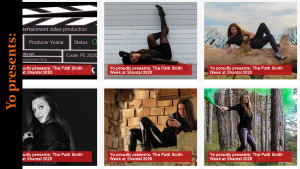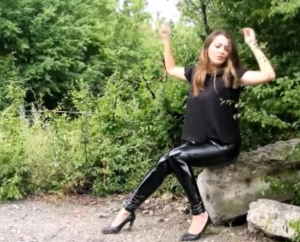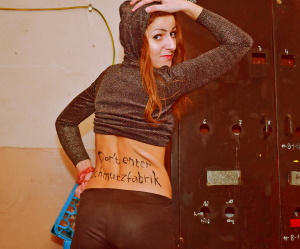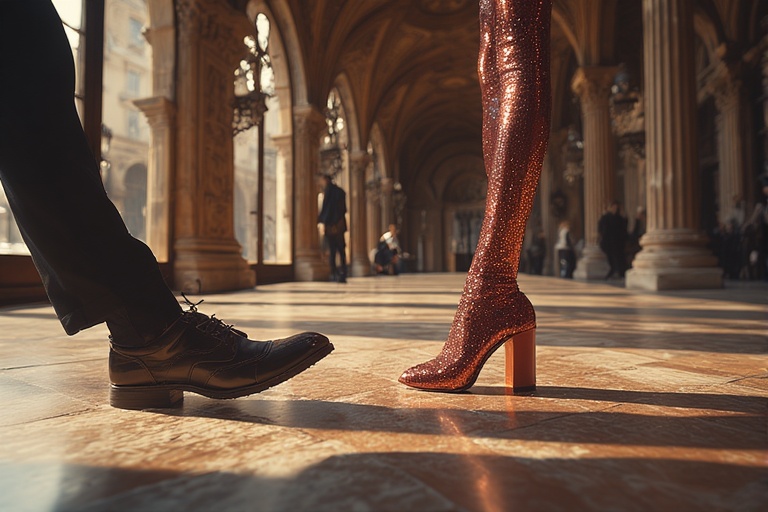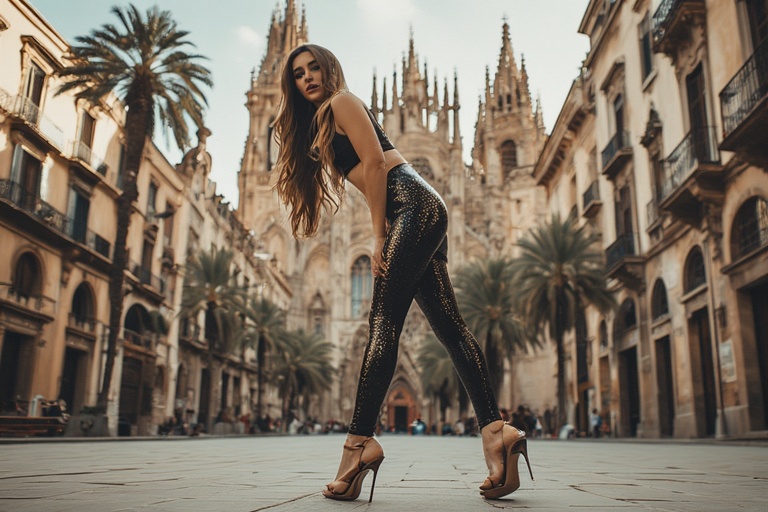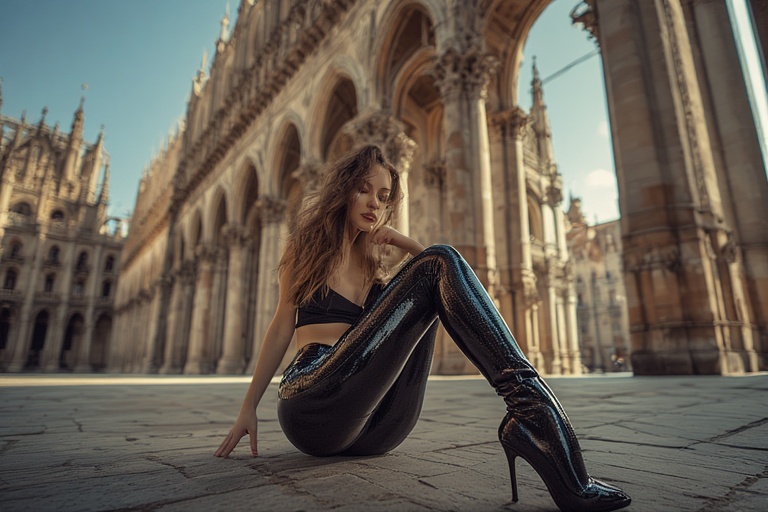In Spain, there’s a saying that sums up a quiet truth: “La madre manda” — the mother rules.
And in Barcelona, that’s not just folklore; it’s sociology in action.
While history books often paint Spain as a land of patriarchs and passion, everyday life tells a different story. The real architects of family, community, and even politics have long been the señoras — the mothers, grandmothers, and women who make everything work while pretending it’s effortless.
But here’s the twist: as women’s power has grown more visible, Spanish men have changed too — not out of weakness, but out of liberation.
The Señoras Who Run the Show
Step into any Spanish home on a Sunday and you’ll immediately see who’s in charge.
She’s the one stirring the paella, handing out opinions, and managing three conversations at once — all while scolding someone for not eating enough.
The señora is Spain’s true queen. She’s tough, tender, and terrifying when needed. For generations, she kept households running, raised entire families, and maintained an iron grip on tradition — all while men believed they were leading.
Yet this quiet matriarchy created something profound: a culture where women became the emotional and logistical backbone of society. And now, that power is stepping proudly into the public sphere — from art to politics to urban activism.
Barcelona’s Feminine Energy
Barcelona has always been a city shaped by women.
From 19th-century textile workers who led some of Europe’s first labor protests to Ada Colau, the city’s first female mayor, women here don’t just follow change — they start it.
In the city’s creative heart — Poblenou, Gràcia, and El Raval — female artists, designers, and activists are redefining Catalan identity. They blend care, cooperation, and courage, building new communities where success isn’t measured in power, but in purpose.
It’s a softer revolution — one built on empathy, collaboration, and a good espresso.
Enter the New Spanish Man
And while the señoras continue to reign, something equally fascinating is happening:
men are rewriting their own roles.
The traditional macho ibérico — loud, proud, emotionally allergic — is slowly disappearing. In his place stands a new kind of masculinity: expressive, balanced, and unafraid of tenderness.
This isn’t about “men changing their sexuality” — it’s about freedom of expression.
In Spain, and especially in Barcelona, social norms have relaxed so much that men no longer feel trapped in the old “alpha male” mold. They can care for children, cry at movies, wear pink, or openly identify as queer — and nobody blinks.
It’s not a crisis of masculinity; it’s a renaissance.
When women stopped being told to “know their place,” men discovered they had one too — and it could finally be anywhere they chose.
Barcelona: Europe’s Lab of Identity
Nowhere is this evolution more visible than in Barcelona.
The city has become a magnet for LGBTQ+ culture, gender-fluid fashion, and open-minded communities. Pride parades are family events, drag shows share space with political debates, and diversity isn’t an exception — it’s the default.
The matriarchal spirit that once ruled homes has, in a way, spread into the streets: inclusive, protective, and unafraid to nurture difference.
It’s as if the señoras passed down their best lesson to the whole city — that real strength means taking care of others and being unapologetically yourself.
From the Kitchen to the Future
Spain’s transformation isn’t about replacing men with women, but about rebalancing humanity itself.
The señoras built the foundation — discipline, compassion, structure — and the new generation, regardless of gender, is adding color and creativity.
The result? A Barcelona that feels both strong and gentle, fierce and free — a city run not by patriarchs or matriarchs, but by people who finally understand that equality isn’t a battle, it’s a collaboration.
So yes — the mother still rules.
She just happens to be teaching everyone else how to rule themselves, too.

